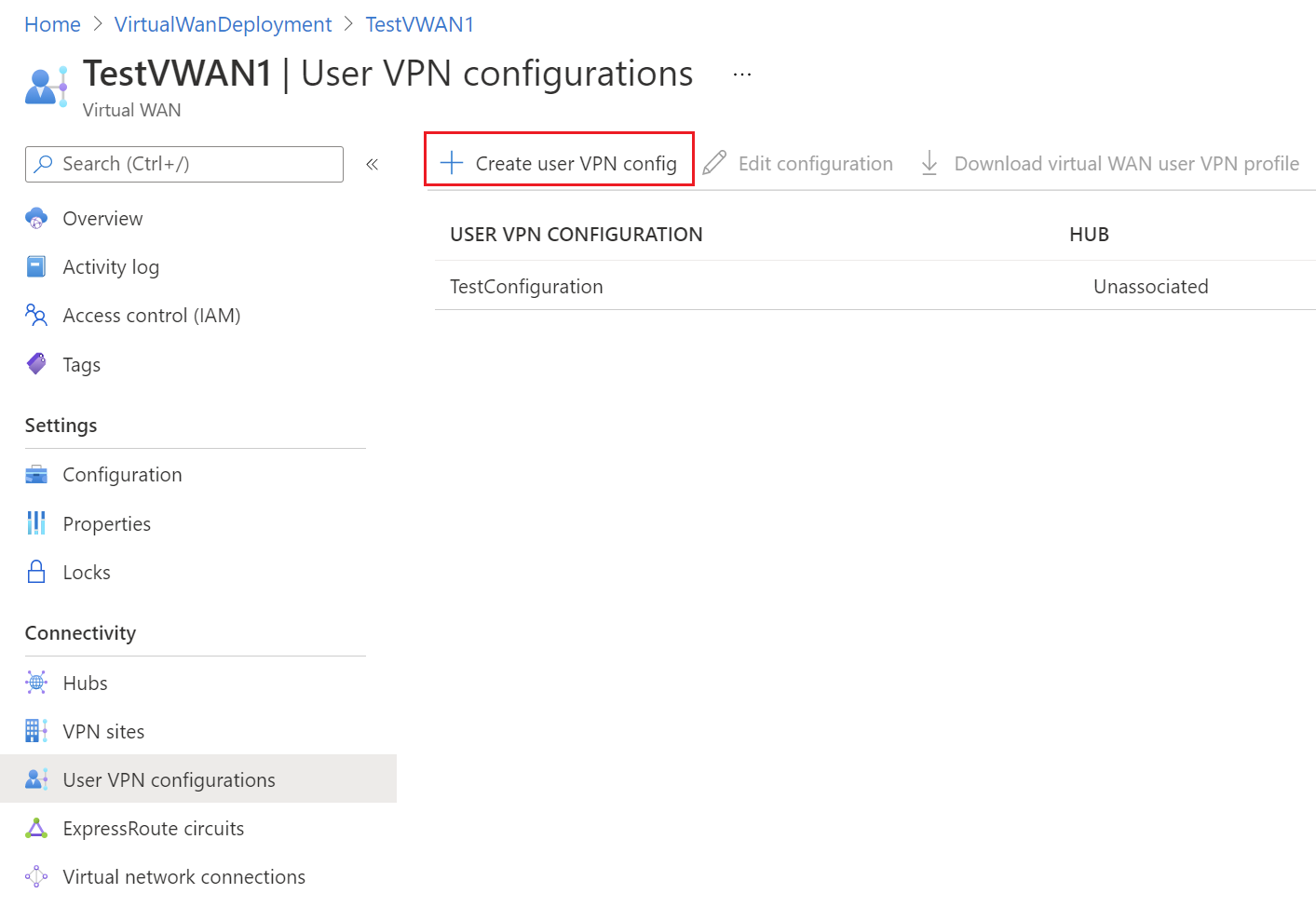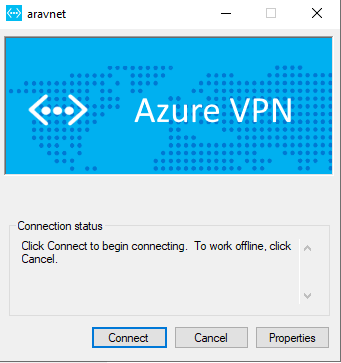

Once the gateway creation finishes, click on the NETWORKS and you’ll see this. It always takes 10-12 minutes no matter where you choose your network (East US, West Europe, etc.)

While I was testing my solution, I’ve created at least 10 gateways.
#BILLING FOR AZURE POINT TO SITE VPN FREE#
Feel free to change this to 192.168.1.0/24 or whatever you want your Azure VMs to have their IPs assigned. On the next screen, Azure will automatically assign a network for your Azure VMs that’s in a different subnet, in this case it’s 10.100.0.0/16. In my case, my VPS provided me with 10.99.0.0/16 subnet. For the address space, enter the subnet of your internal FreeBSD network in CIDR format. FreeBSD-local, FreeBSD-internal) and the external IP of your BSD box. On the next screen, enter the name of the FreeBSD’s internal network (e.g. If you specify a server that’s on the network that’s behind the FreeBSD box, use the internal IP, not the external IP. If you don’t specify a DNS server, Azure will use one of its own. You can specify multiple DNS servers if you want. Also, choose the location, in my case East US.Įnter the IP of the DNS server. Name the network however you want, in my case it’s AzureFreeBSD. Log in to Azure portal and create a new virtual network. You should see a bunch of ipsec properties.
#BILLING FOR AZURE POINT TO SITE VPN INSTALL#
pkg install ipsec-toolsĬheck if ipsec is supported in the kernel. Once the server comes up, install the IPsec tools. Make installkernel KERNCONF=MYKERNEL-20141224 This means you messed up the compiler/make tools, so do: make kernel-toolchain Make: stopped in /usr/obj/usr/src/sys/MYKERNEL-20141224 M.o pci_bus.o qpi.o busdma_machdep.o dump_machdep.o intr_machdep.o io_apic.o legacy.o local_apic.o mca.o msi.o nexus.o tsc.o hvm.o xen_intr.o config.o env.o hints.o vnode_if.o hack.So vers.o If for some reason your kernel compilation crashes with an error like this. Make installkernel KERNCONF=MYKERNEL-20141227 Make buildkernel KERNCONF=MYKERNEL-20141227 Then I compiled the kernel and rebooted it (takes about 10-20 mins). Then I made a copy of the GENERIC kernel file: cd /usr/src/sys/amd64/confĪnd I’ve added these lines at the end options IPSEC The VPS came without the source files installed (necessary to build a custom kernel), so I had to do the following: pkg install subversion Which means I am running 10.0-RELEASE-p12 with GENERIC kernel on a 64-bit platform. You can easily check this with: uname –aįreeBSD freebsd2 10.0-RELEASE-p12 FreeBSD 10.0-RELEASE-p12 #0: Tue Nov 4 05:07: :/usr/obj/usr/src/sys/GENERIC amd64 In my case, the FreeBSD box that I got provisioned came with 10.0-RELEASE-p12. In order for FreeBSD to run an IPsec tunnel, you’ll have to use a custom kernel. These are test boxes and they will be long gone when you read this. IPsec won’t work if you don’t have a public IP on the BSD box. Make sure that you have a public IP on the BSD box. I have a FreeBSD box with two NICs (one external facing the Internet with a public IP and one internal NIC with a subnet that was assigned by my VPS provider. This is how my implementation looks like.


 0 kommentar(er)
0 kommentar(er)
